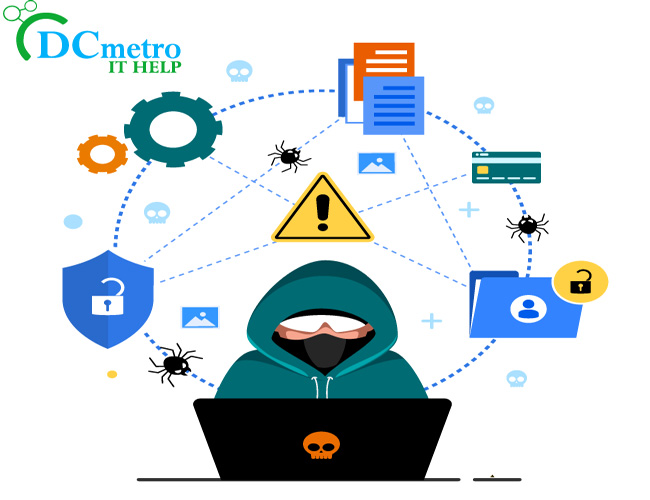In the age of technology, where the world is interconnected through the vast web of cyberspace, the importance of cyber security cannot be overstated. Cyber security is the practice of protecting computer systems, networks, and data from malicious attacks, unauthorized access, and other cyber threats. As our reliance on technology grows, so does the need for robust cyber security measures to ensure the safety and integrity of our digital world. In this article, we explore the significance of cyber security and why it has become a critical aspect of modern life.
Protecting Personal Privacy and Data
One of the primary reasons why cyber security is vital is to safeguard personal privacy and sensitive data. In today’s digital landscape, we share vast amounts of personal information online, from financial data and medical records to social media interactions and online shopping habits. This wealth of information is a goldmine for cybercriminals seeking to steal identities, commit financial fraud, or perpetrate other nefarious activities. Robust cyber security practices ensure that personal data remains confidential and protected from unauthorized access, reducing the risk of identity theft and privacy breaches.
Preserving Business Continuity and Reputation
For businesses, cyber security is not just an option but a necessity. Companies store a trove of valuable and sensitive information, including customer data, intellectual property, and financial records. A cyber attack or data breach can wreak havoc on an organization, causing financial losses, tarnishing reputation, and eroding customer trust. A solid cyber security infrastructure is essential for ensuring business continuity and protecting an enterprise’s most valuable assets. It also demonstrates to customers that their information is handled responsibly, fostering trust and loyalty.
Safeguarding National Security and Critical Infrastructure
Cyber security is crucial for safeguarding national security and protecting critical infrastructure. Governments and public organizations hold vast amounts of sensitive data, including classified information, military secrets, and intelligence reports. Cyber attacks on these entities can have severe consequences, compromising a nation’s security and sovereignty. Additionally, critical infrastructure, such as power grids, transportation systems, and healthcare facilities, is increasingly interconnected through digital networks. Securing these systems against cyber threats is paramount to avoid potential disruptions that could affect the lives of citizens and the overall stability of a nation.
Mitigating Financial Losses and Economic Impact
Cyber attacks can have far-reaching economic implications. Large-scale data breaches or ransomware attacks can result in significant financial losses for both individuals and organizations. According to various studies, cybercrime costs the global economy billions of dollars each year. These financial losses can impede economic growth, reduce investment, and create a ripple effect across various industries. By investing in robust cyber security measures, individuals, businesses, and governments can mitigate the economic impact of cybercrime and ensure a stable and resilient digital economy.
Promoting Trust in Digital Transactions
In the digital era, we rely on online transactions for various activities, such as banking, shopping, and communication. Trust is the foundation of these digital interactions. Cyber security instills confidence in users that their online transactions are secure and protected from potential threats. Without a secure environment, individuals may hesitate to engage in online activities, hindering the growth of e-commerce and digital services.
As technology continues to advance, the importance of cyber security will only intensify. The digital landscape offers immense opportunities for progress and connectivity, but it also presents substantial risks in the form of cyber threats. Cyber security is not just the responsibility of governments and organizations; it starts with individuals adopting secure practices and staying informed about potential risks.
Embracing cyber security as an essential aspect of modern life is crucial for ensuring the safety, privacy, and integrity of our digital world. By investing in advanced technologies, raising awareness, and fostering a cyber-aware culture, we can collectively strengthen our defenses against cyber threats and create a safer and more resilient digital environment for generations to come.



Leave a Reply